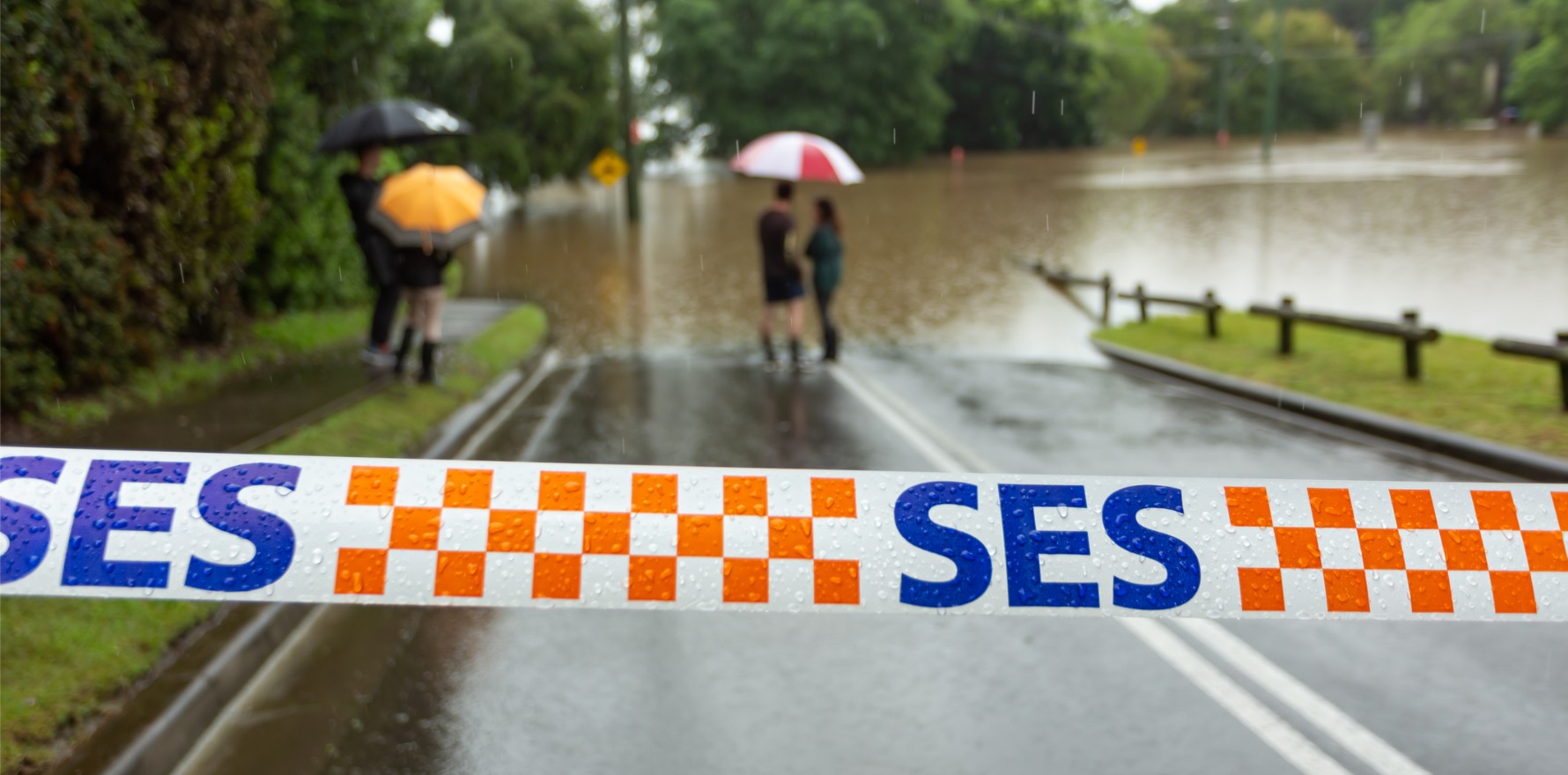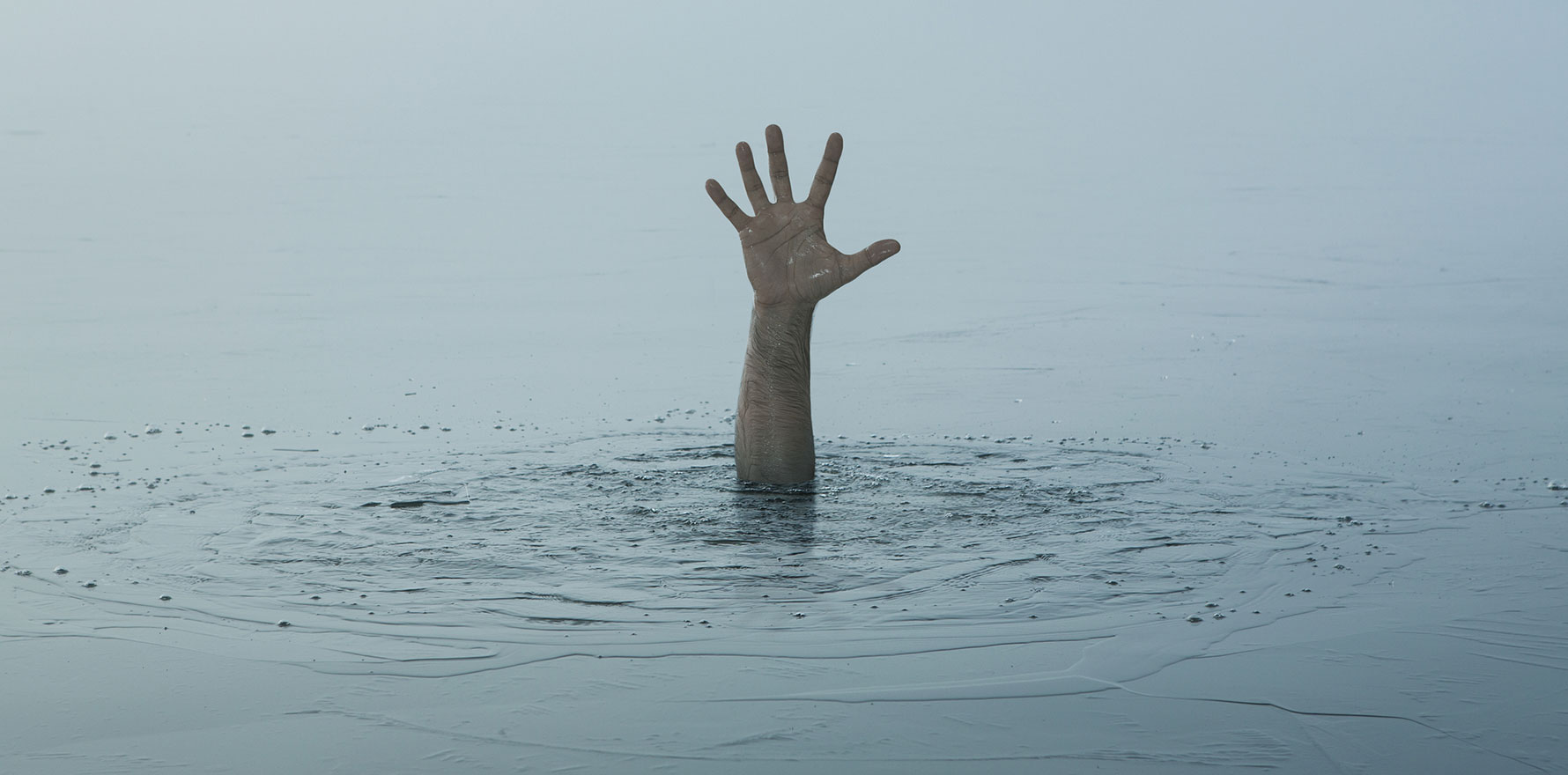Calls for reform on IMG practice restrictions have highlighted the work that needs to be done for effective disaster response in general practice.
The RACGP is calling for reform to the barriers preventing international medical graduates (IMGs) from practicing outside of their clinic during a natural disaster.
The calls come in the wake of the recent NSW floods that highlighted the need for immediate change regarding general practice’s role in disaster management.
As of right now, Medicare provider numbers are limited to a fixed address meaning that many GPs are limited in their capacity to assist in natural disasters.
IMGs are also subject to additional barriers with their AHPRA registrations also being required to have fixed practice locations, disallowing legal practice at another location, even during a crisis.
Temporary exemptions and flexibility surrounding treatment in declared disaster zones has been suggested by the college as the necessary reform for this issue.
This follows recent calls for other reforms regarding flood relief and how to best utilise general practice in crisis prone regions.
Similar crisis related reforms were introduced in the recent past; in 2022, accreditation was extended for flood-affected practices.
The involvement of general practice in disaster management has become especially topical following this year’s NSW floods.
Related
“Why I think it hasn’t really got attention is because people are just doing it anyway, hoping not to get in trouble,” RACGP rural chair Professor Michael Clements told The Medical Republic.
“With our RACGP advocacy, every time there’s a disaster, we look and we reflect, and then we think, how do we improve next time?”
“All we need is a ministerial instrument or a policy in an AHPRA document that says, during periods of natural disasters, AHPRA will take a pragmatic approach.
“There is already exemptions for things like face-to-face telehealth calls in disaster zones, we just need to include this kind of commonsense policy there.”
Professor Michael Clements is based out of North Queensland, a region where general practices have had to adapt to consistent environmental challenges.
“We need to be acknowledging that these are occurring with increasing frequency, and so we need to be planning for the next one, and planning for the unintended consequences of current bureaucracy and adapting it so that we can respond quicker,” Professor Clements told TMR.
“The reason why it hasn’t really come up is we think that people the doctors, are just getting on skirting around the law by doing what they’re doing.
“We just think that that’s not fair and that people should be given the reassurances that they’re doing the right thing.”
Long term, he said, the college would like to see GPs included as part of disaster planning phase and then prioritised as part of disaster response.
“A well-practised disaster planning organisation like we have in North Queensland can lead the way and show others what they should be responding to,” he said.





